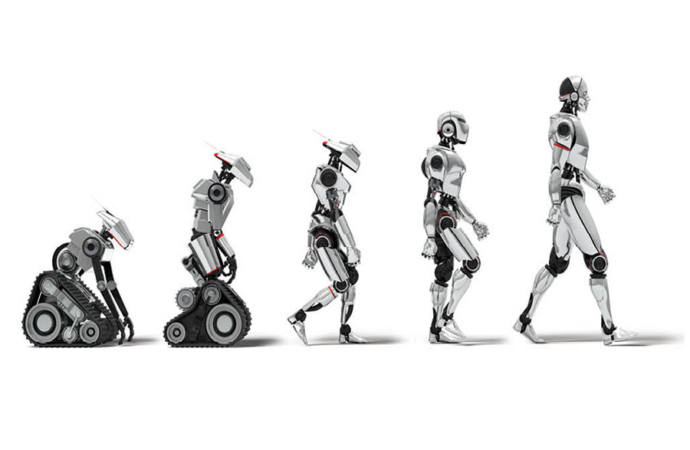Robotics is one of the fastest-evolving fields of technology, and it’s shaping the future of travel, work and exploration.
The future of robots worldwide is a topic of much discussion and speculation. While it is difficult to predict the exact path that technology will take, it is clear that robots and automation will continue to play a significant role in various industries and aspects of our lives.
Robots have already made significant advancements in fields such as manufacturing, healthcare, agriculture, transportation, and many others.
They have the potential to increase productivity, improve efficiency, and perform tasks that are dangerous or tedious for humans. In some cases, robots can also enhance the quality of work and provide new opportunities for innovation.
However, the widespread adoption of robots also raises concerns and challenges.

There are debates about the potential impact on employment, as robots and automation could replace certain jobs traditionally performed by humans. Additionally, ethical considerations arise in areas such as artificial intelligence and autonomous systems, where questions of accountability, decision-making, and privacy need to be addressed.
It is important to note that the future of the world is not solely dependent on robots.
The overall trajectory will be shaped by a combination of technological advancements, societal choices, and regulatory frameworks. Human decision-making and collaboration will remain critical in determining how robots and automation are integrated into our society and economy.

In conclusion, while robots and automation are likely to continue shaping various aspects of the world, their future role will depend on how we harness and manage these technologies to address societal needs, and ethical concerns, and create a balanced future for both humans and machines.

























Leave a Comment
Your email address will not be published. Required fields are marked with *